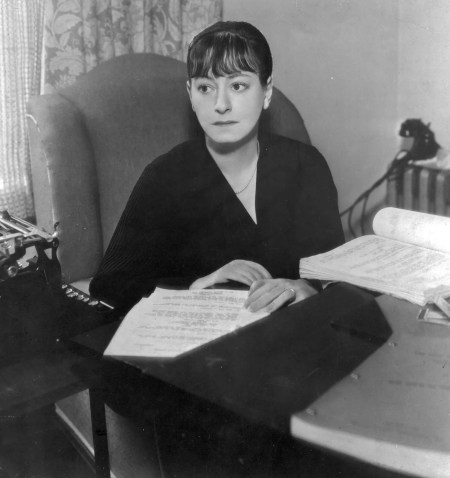

W. H. Auden
Which is more significant, a person or a star?
People could not exist without stars. Not only does our sun provide us with essential warmth, light, and sustenance, but astronomers believe that all solid matter, ourselves included, is made up of the debris from former stars.
Compared to a person, our abiding sun is surely great and grand. But as far as we can tell, a star is neither sentient nor alert to its own existence. So unlike a human being or even a shih-poo who responds to the name of Max, a star will never want for anything.
W. H. Auden ponders his unreciprocated affection for stars and correctly concludes that despite a star’s magnificence, between the two, the poet himself is ultimately “the more loving one.”
Thus human beings gaze at stars with a longing that the stars themselves could never “return.”
Looking up at the stars, I know quite well
That, for all they care, I can go to hell,
And although the breadth of a star’s life is incomprehensible to a human being, a star is nonetheless ephemeral like everything else in our universe. (When the dividend is eternity, all quotients are miniscule.) Some day every star will “disappear or die.”
Getting back to my original question, is a star’s immense, blazing endurance a match for a human being’s cognizance and sensitivity? It’s a rhetorical question, of course. Even if it weren’t a false alternative, the answer would still lie beyond the scope of human imagination. We could not survive in a universe without stars, and as Richard Wilbur inquires,
How shall we dream of this place without us?–
For his part, Thomas Hardy maintains that the “disease of feeling” is overrated, and “all went well” prior to “the birth of consciousness,”
None suffered sickness, love, or loss,
None knew regret, starved hope, or heart-burnings;
None cared whatever crash or cross
Brought wrack to things.
If something ceased, no tongue bewailed,
If something winced and waned, no heart was wrung;
If brightness dimmed, and dark prevailed,
No sense was stung.
Auden is similarly cynical about the ultimate value of human sentimentality:
Were all stars to disappear or die,
I should learn to look at an empty sky
And feel its total darkness sublime,
Though this might take me a little time.
by Richard W. Bray





